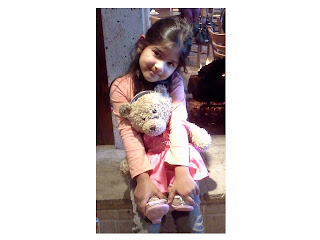My Hero Versus Yours

Noori the first grader was excited. She had received a golden star for her poster titled “all about my hero”. When she showed me her award winning entry I was quite pleased. Her hero happened to be me, her father. Her poster was composed of photographs of me – at various places and in various poses, unbeknownst to me. She had highlighted a few facts about me and what I did. There were captions such as, “the best dad ever!” , “my hero fixes children”, “my dad dances salsa” , and so on. I tried my best not to let that hero worshiping go to my head. “Who’s my hero?” I asked myself, instead. I’m like that – a lot of clarity comes from seeking answers within. The likely heroes are the usual suspects Over the course of four decades that I have been living on this earth, roughly equal amounts were spent in two very distinct cultures. For long stretches I’ve either lived in Karachi, Pakistan or Houston, Texas. If I go per cultural or societal specificat...